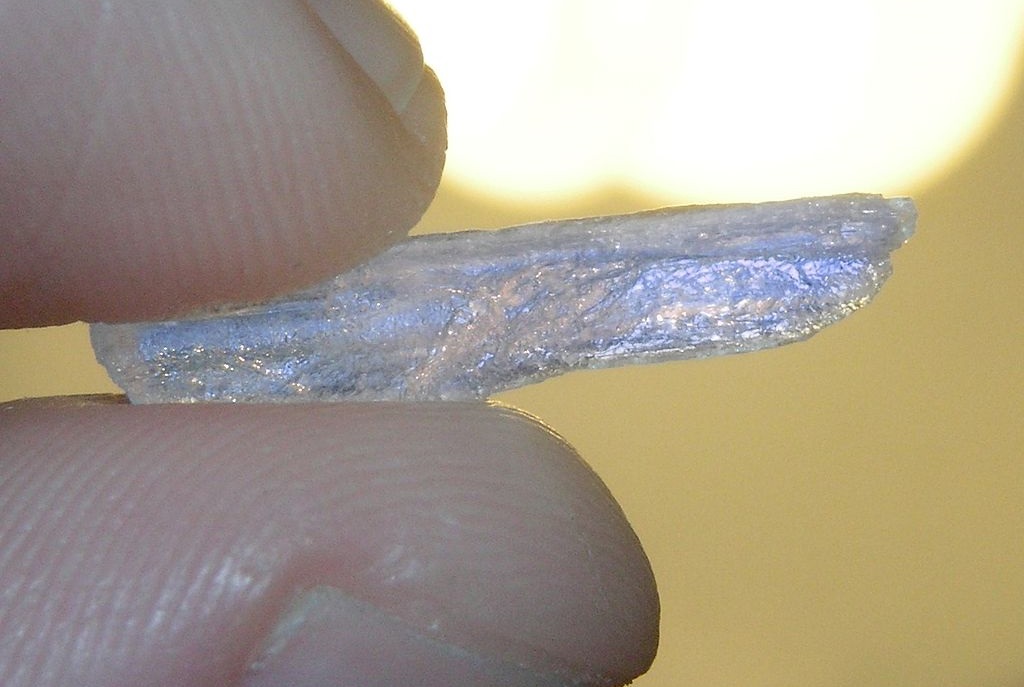Meth A Bigger Issue Than Opioids?
New state report looks at drug use and treatment efforts.
In 2014, a package of laws were passed in Wisconsin, included funding for opioid treatment programs in high need, rural areas. State officials are now looking at how those efforts are doing.
The funding for opioid treatment programs were passed under the Heroin, Opioid Prevention and Education (HOPE) agenda. A recent assessment shows that 475 people got help in 2017 and that more than 70 percent of patients reported the treatment provided a better quality of life.
Three organizations in northern Wisconsin each got $672,00 last year for their treatment programs: HSHS St. Vincent’s Hospital Libertas of Marinette; Family Health Center of Marshfield Clinic; and NorthLakes Community Clinic.
The treatment programs initially focused on opioids, but there’s been a shift in 2018 to include meth under grants that began in 2015.
“We’ll see a shift from people using opioids to methamphetamine and back again. So, it’s kind of like a pendulum. We’re seeing it swing back and forth,” said Miranda Behnke, HOPE grant program manager at Libertas Treatment Center in Marinette which is sharing the grant with Previa Health.
“People talk a lot about opioids. But in Wisconsin for the most part, the biggest issue is meth. And the treatments are very different for the two of them and so it’s been a pretty big struggle to figure out how provide services for both,” said Reba Rice, CEO of NorthLakes Community Clinic.
“The other piece is that alcohol remains an enormous problem in Wisconsin, as everybody well knows. And that is best served by a third (treatment) model. So, there’s just a lot of work to do and a lot of moving parts,” said Rice.
Last year, NorthLakes Community Clinic served 143 people, including eight pregnant women, in six counties: Ashland, Bayfield, Burnett, Douglas, Sawyer and Washburn, according to a state Department of Health Services report.
Wisconsin has seen a surge of babies born to addicted mothers, resulting in neonatal abstinence syndrome.
“Those babies are obviously very vulnerable and we want to protect them as much as possible,” said Rice. “And at that point in a woman’s pregnancy, she’s often very anxious to do everything she can for her baby so she’s a little more open to the pain and suffering that comes with facing addiction and entering into recovery because that’s not an easy thing to do.”
In the northeastern part of the state, seven of 118 treated for addiction were pregnant women. That treatment area includes Florence, Marinette, Menominee and Oconto counties.
In the third treatment area of Forest, Iron, Oneida, Price and Vilas counties, 24 of the 214 treated were pregnant women.
Listen to the report by WPR here.
Report Looks At Success Of Statewide Opioid Treatment Efforts was originally published by Wisconsin Public Radio.
More about the Opioid Crisis
- Baldwin Demands Trump Admin Reverse Billions in Cuts From Opioid and Mental Health Programs - U.S. Sen. Tammy Baldwin - Jan 14th, 2026
- Fox Valley Nurse Practitioner Sentenced to Federal Prison for Unlawful Prescribing - U.S. Department of Justice - Dec 29th, 2025
- County Executive David Crowley Hosts Roundtable on Combating Opioid Crisis and Saving Lives in Wisconsin - David Crowley - Dec 16th, 2025
- Co-Chairs Criticize DHS For Lack of Plan, Transparency with Opioid Settlement Funds - Joint Committee on Finance - Oct 21st, 2025
- Opioid Treatment Program Opens First Clinic in Milwaukee - Isiah Holmes - Oct 20th, 2025
- County Executive Crowley, Chairwoman Nicholson Sign Legislation Approving $9 Million for Efforts to Compat the Opioid Crisis - David Crowley - Aug 15th, 2025
- How Are State’s Local Governments Spending Opioid Settlement Payouts? - Addie Costello - Aug 4th, 2025
- MKE County: How County Will Spend $9 Million in Drug Settlement Funds - Graham Kilmer - Jul 29th, 2025
- Milwaukee County Executive David Crowley Announces Over $9 Million for Initiatives to Combat Opioid Epidemic - David Crowley - Jul 17th, 2025
- AG Kaul, 45 Other Attorneys General Plan to Join $720 Million Settlement with Eight Opioid Drug Makers - Wisconsin Department of Justice - Jul 14th, 2025
Read more about Opioid Crisis here























And how many African Americans are incarcerated because of possession of “grass”. Not a health problem for them – lock ’em up??? But this is in the hinterlands of WI so it’s a health problem.